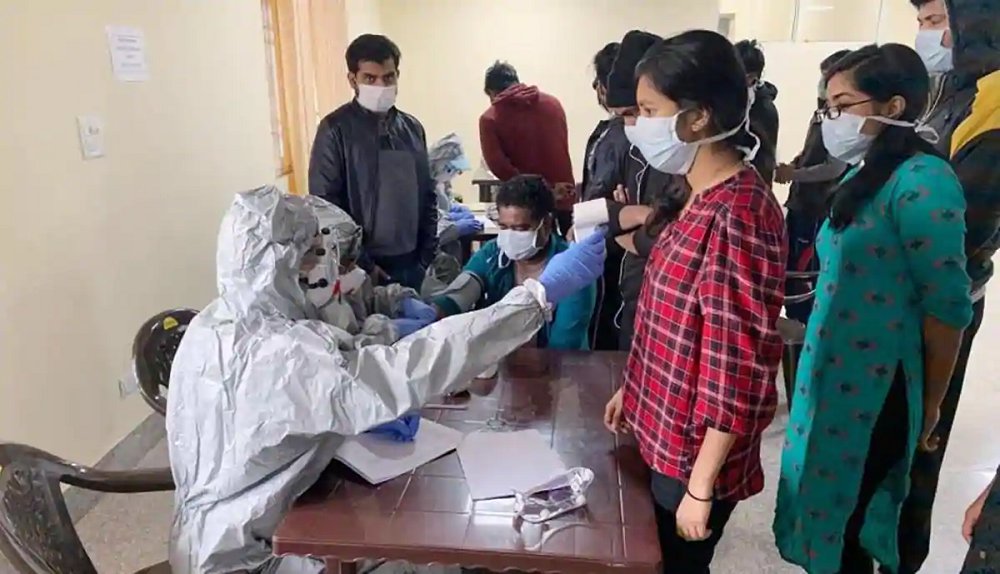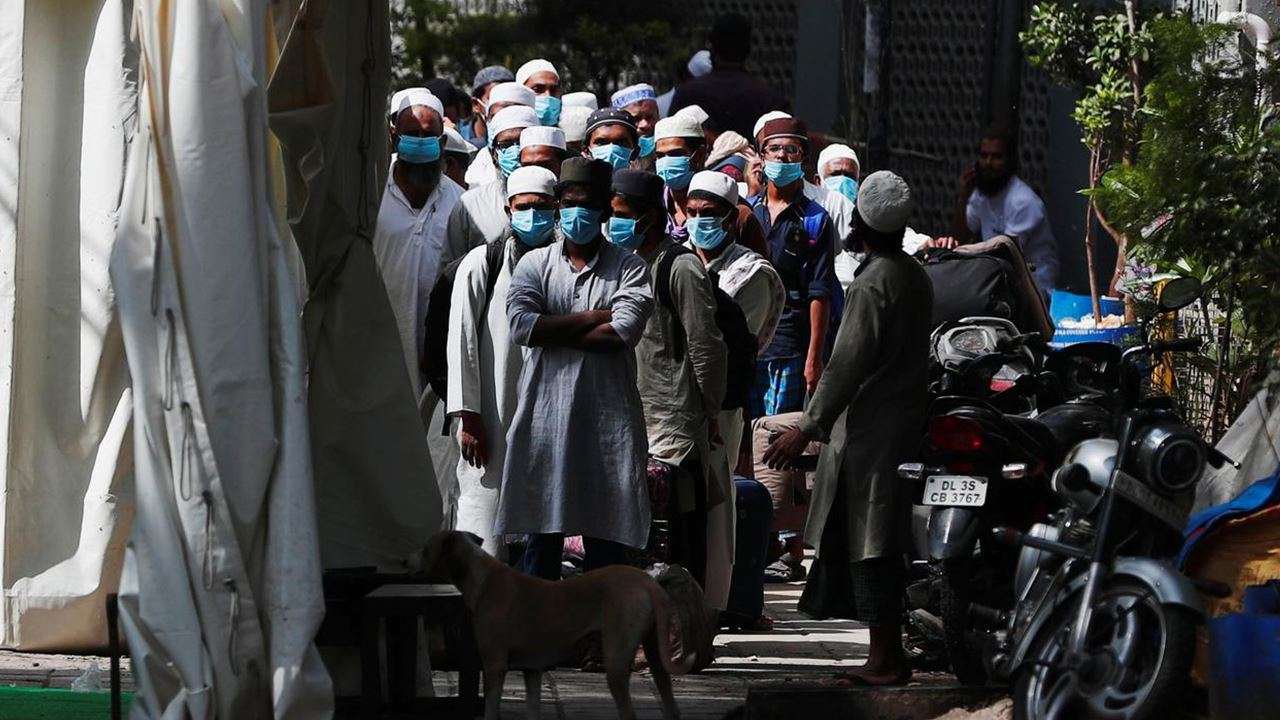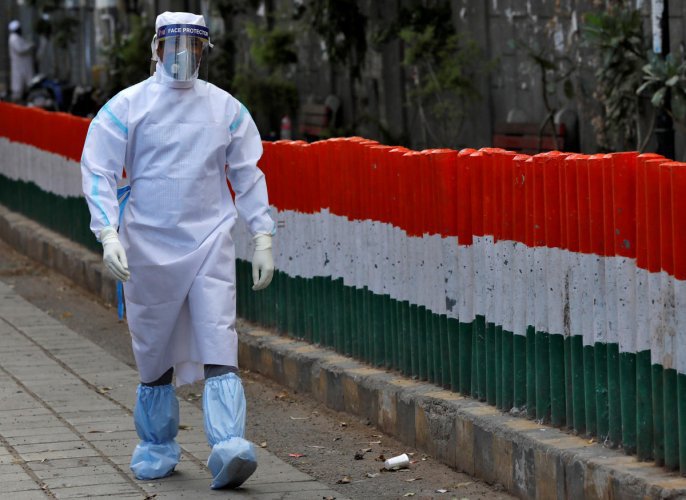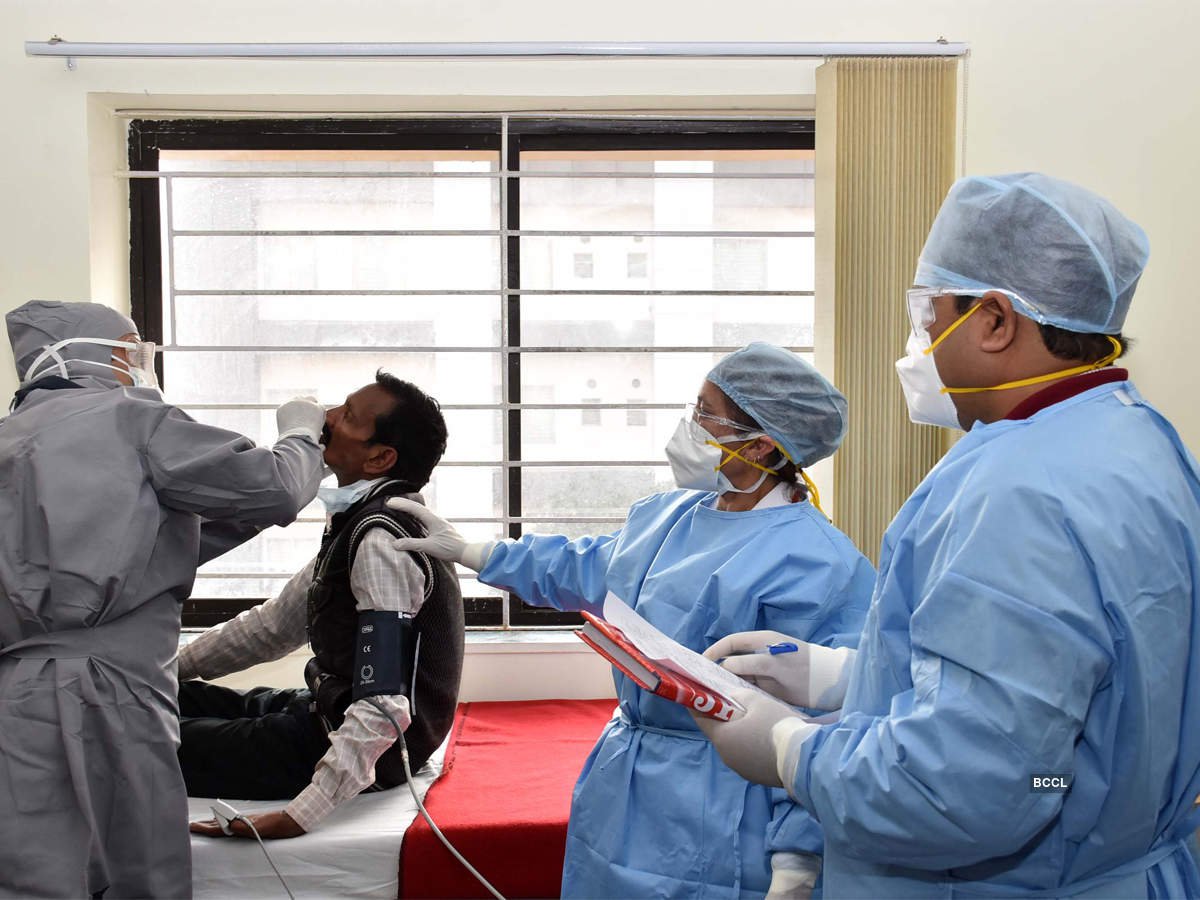Our relief of not entering stage 3 was only temporary as we are inching closer and closer towards community transmission. The Union Health Ministry had said that India was at the phase of “limited community transmission”. Around 150 new cases were reported just yesterday and after tracing the history of these cases, the majority came from certain groups which have become the hotspots of this virus in India.

1. Nizamuddin West, Delhi
There was a religious congregation hosted by Tabligh-e-Jamaat that was held around the second week of March. A lot of people who have been tested positive for COVID-19 had a history of attending this event. Approximately a thousand people had been gathered for this event despite Delhi taking stringent measures and prohibiting public gatherings. This event had around 250 foreigners as well and now, 300 people in the locality are showing symptoms of the virus. The entire area is currently being monitored. There were cases of 9 deaths and all of them had a connection with the event. And among these, a 65 year old man who was later known to have attended the event had travelled by train, infecting those he came in contact with.

2. Bhilwara, Rajasthan
Around 17 staff members and more patients have tested positive for coronavirus at the Banga Hospital in Bhilwara, Rajasthan making it the local epicenter of the virus. The additional chief secretary of the health department revealed that one of the doctors at the hospital had a travel history of the Middle East and has been spreading the virus to the patients as well as the staff members. Over 6000 people have been quarantined and nearly 28 lakh surveyed in the district.

3. Kasargod, Kerela
There has been a sudden rise in the cases of corona at Kasargod as it recorded 32 additional cases on Monday, taking the total to 234. Of these numbers, 17 had travelled abroad and then began local transmission.

And we all would have come across the shocking footage of migrant workers being disinfected with chlorine in UP.
Watch | Migrant workers and their families in Uttar Pradesh’s Bareilly made to squat on roads, sprayed with disinfectant. #CoronavirusLockdown #CoronavirusOutbreak pic.twitter.com/zasJ69VzEO
— NDTV (@ndtv) March 30, 2020
Migrant workers who have no choice of working from home or practicing social distancing simply because they can’t afford to may involuntarily also begin to accelerate the community transmission.

















